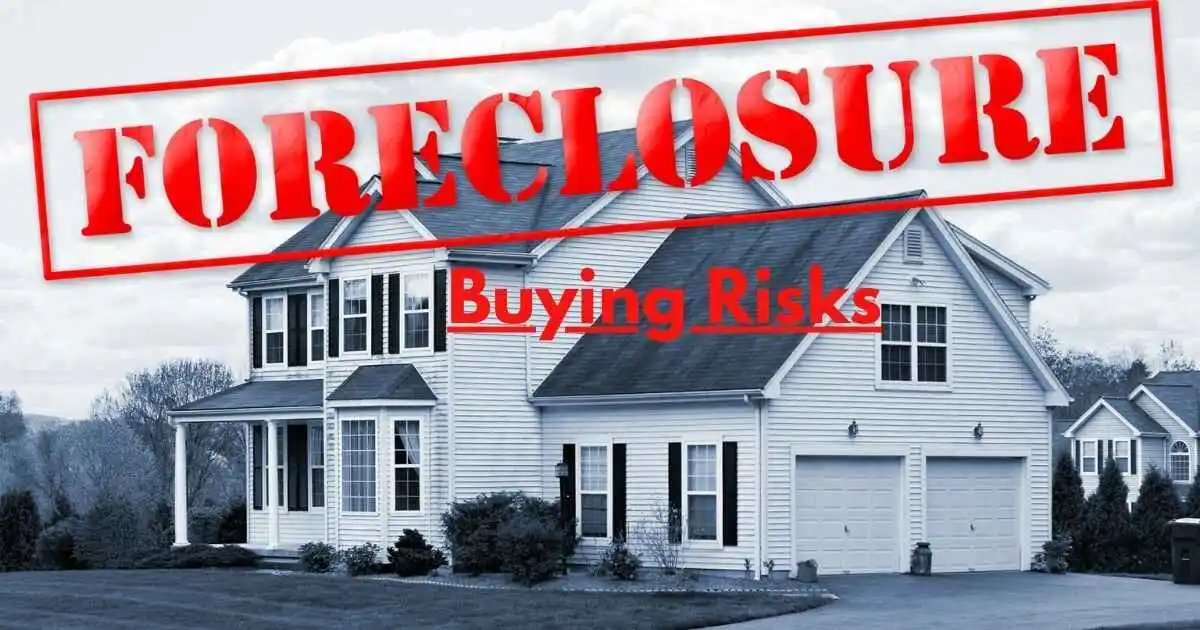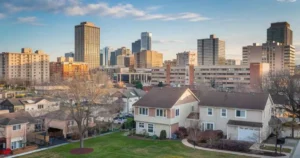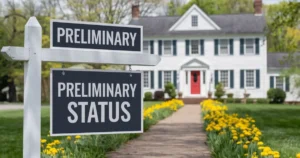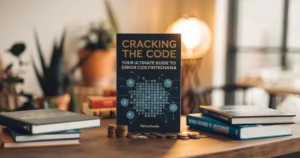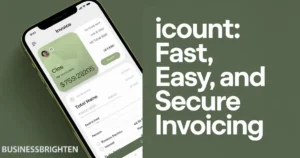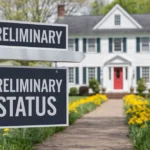Buying a foreclosed property can be risky because the previous owner may have neglected maintenance. You might face expensive repairs and hidden damages. To lessen the risk, always hire a professional inspector.
Another risk is dealing with unpaid taxes or liens on the property. These debts can transfer to you, causing unexpected financial burdens. To avoid this, conduct thorough research and ensure a clear title before purchasing.
Buying a foreclosed property can involve complicated legal processes. This can lead to delays and additional costs. To mitigate this, work with a real estate attorney who can guide you through the legal intricacies and ensure a smooth transaction.
The truth about buying a foreclosed home and why banks sell foreclosures for cheap
Buying a foreclosed home means you might get a good deal, but it often comes with risks. The property may have hidden problems or require costly repairs. Banks sell foreclosures for less to recover their losses quickly and clear their balance sheets.
Banks usually want to avoid holding onto foreclosed properties for long. They face expenses like maintenance and taxes, so selling the property fast helps them minimize costs. The lower price attracts buyers and speeds up the sale process.
Foreclosed homes are sold at lower prices because banks want to move them off their books. This helps the bank recover some of their lost money and frees up resources for new loans. While the lower price can be appealing, buyers should be cautious and do thorough inspections.
What Makes Buying a Foreclosed Property Risky? Top 8 Disadvantages to Know
Buying a foreclosed property is risky because it often requires extensive repairs. Previous owners may have neglected maintenance, leading to hidden damages. You might face unpaid taxes or liens, which can transfer to you.
Another risk is the lack of property history. You may not get full disclosure about past issues. Foreclosed properties are usually sold as-is, so you can’t negotiate repairs. Additionally, the buying process can be complicated and time-consuming, often involving legal hurdles.
1. Hidden costs and expensive repairs
Hidden costs and expensive repairs make buying a foreclosed property risky. You might face unexpected expenses like unpaid taxes or liens that transfer to you. These hidden costs can add up quickly, straining your budget.
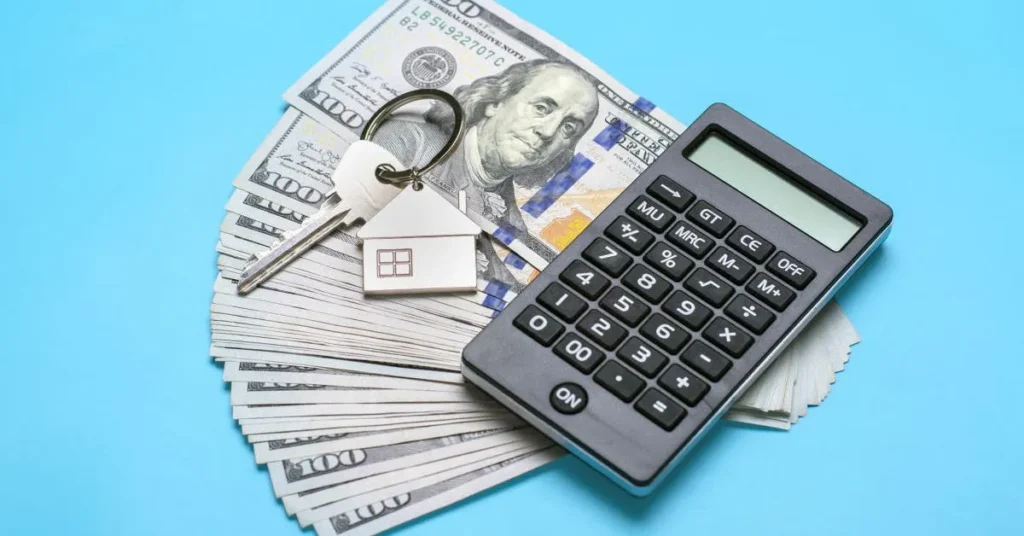
Expensive repairs are another major concern. Previous owners often neglect maintenance, leading to significant damage. You could find issues with plumbing, electrical systems, or structural integrity. Always hire a professional inspector to identify potential problems before purchasing.
2. Risky process
Buying a foreclosed property is risky because the process can be complex and lengthy. You often face legal hurdles and paperwork that can delay the purchase. Additionally, auctions can be competitive, driving up the price unexpectedly.
Another risk is the lack of transparency. You might not get detailed information about the property’s condition or history. Sellers typically offer foreclosed properties as-is, so you have to accept any existing issues without negotiation.
3. You may not be able to inspect the home’s interior.
You may not be able to inspect the home’s interior when buying a foreclosed property. Banks often sell these homes “as-is,” meaning you can’t check for hidden damages or necessary repairs.
This lack of inspection can lead to unexpected problems after purchase. Without seeing the inside, you might face costly surprises like plumbing issues or structural damage. Always be prepared for the unknown when buying a foreclosed property.
Related Article: HOW LONG DO APARTMENT INSPECTIONS TAKE? REVEALED [2023]
4. Takes longer to complete the process.
Buying a foreclosed property takes longer to complete the process. It involves more paperwork and legal steps compared to a regular home purchase. Here are some main points:
- Additional paperwork: Extra documentation is often required.
- Legal steps: You might need to navigate complex legal procedures.
- Bank approvals: Banks may take longer to approve the sale.
- Possible delays: Unexpected issues can arise, causing delays.
Be prepared for a longer timeline when purchasing a foreclosed property.
5. You may assume previous liens and unpaid taxes
You may assume previous liens and unpaid taxes when buying a foreclosed property. These debts can transfer to you, adding unexpected financial burdens. It’s crucial to research the property’s history before purchasing.
Unpaid taxes can accumulate and become your responsibility. This can significantly increase your costs. Always check for any outstanding tax obligations on the property. Liens from previous owners can complicate your ownership. These legal claims must be settled before you can have a clear title. To avoid these issues, ensure a thorough title search is conducted.
6. You might not get a traditional loan
You might not get a traditional loan when buying a foreclosed property. Lenders see these properties as risky investments. They often require a larger down payment or different financing options.
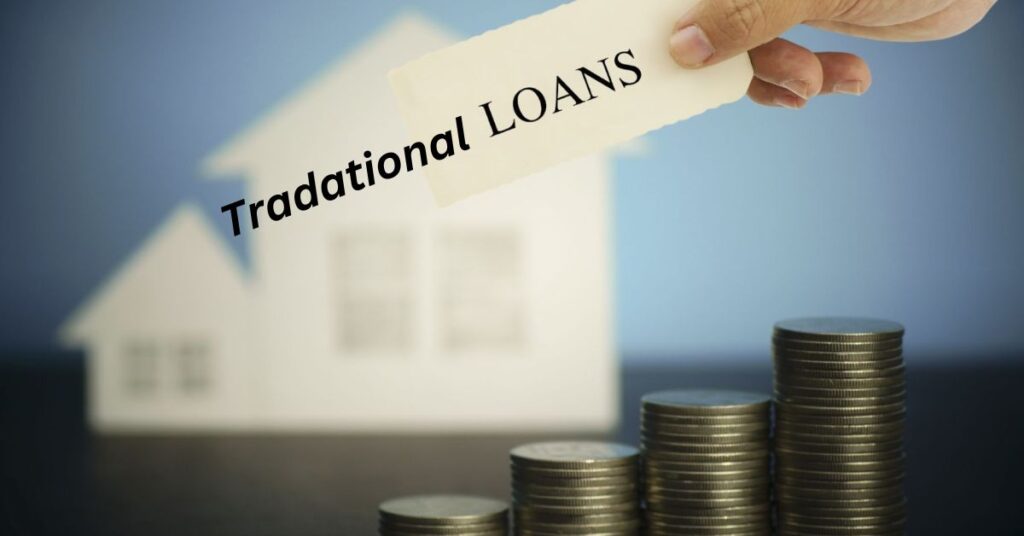
Without a traditional loan, you may need to seek alternative financing. This can include hard money loans or cash purchases. Be prepared for stricter lending terms and higher interest rates.
7. Harder to secure insurance
Securing insurance for a foreclosed property can be harder. Here are some key points:
- Higher premiums: Insurance rates may be more expensive.
- Limited coverage: Some insurers might offer limited coverage options.
- Increased risk: Insurers view foreclosed homes as higher risk due to potential damages.
- Pre-existing issues: Insurers may be wary of undisclosed property problems.
Be ready to shop around for the best insurance policy and consider working with agents experienced in foreclosed properties.
8. Removing former tenants/occupants is your responsibility
Removing former tenants or occupants from a foreclosed property is your responsibility. You may have to handle the eviction process, which can be time-consuming and stressful. This task often involves legal procedures and possibly hiring a property management service.
Ensure you understand local laws to manage the situation properly and avoid complications.
6 Tips for buying foreclosures and HUD foreclosed homes with less risk
Buying foreclosures and HUD foreclosed homes can be a great opportunity but also comes with risks. To minimize these risks, consider these tips.
First, conduct a thorough property inspection to uncover hidden issues. Second, research the property’s history to avoid unpaid taxes and liens. Third, work with a real estate agent experienced in foreclosures. Fourth, secure financing in advance to streamline the process. Fifth, purchase title insurance to protect against past claims. Lastly, be prepared for the lengthy buying process and possible delays.
1. Ensure your offer includes a home inspection contingency
- Protect yourself: including a home inspection contingency protects you from hidden issues.
- Get an expert Inspection: This lets in you to rent a expert to test the belongings.
- Negotiate upkeep: If problems are determined, you may negotiate upkeep or regulate the charge.
- Back Out if necessary: If the inspection exhibits foremost troubles, you can back out of the deal without losing your deposit.
- Peace of mind: knowing the belongings’ situation earlier than shopping for offers you peace of mind.
2. Work with a Realtor who has experience working with foreclosed properties
Working with a Realtor who has experience with foreclosed residences is critical. They apprehend the specific challenges and may guide you through the method easily. Their expertise can help you avoid not unusual pitfalls and locate the exceptional deals.
Experienced Realtors know how to navigate the legal complexities of purchasing a foreclosed home. They can help with negotiations and paperwork, making sure everything is handled efficiently. Their know-how and connections can save you time and money.
3. Get financing ready so you can act fast.

Get your financing ready before searching at foreclosed houses. This may assist you to act quickly when you discover the proper property. Pre-approval from a lender gives you an advantage in competitive markets.
Having your financing in place suggests dealers you are extreme. It also helps streamline the buying process, reducing delays. Being prepared financially means you can make a strong offer right away.
Related Article: COMPREHENSIVE GUIDE TO BUYING A SECOND HOME AND RENTING THE FIRST
4. Do significant research on the property and the neighbourhood
Do thorough research on the assets and its community before making a proposal. Check out the belongings’ history for any past problems or repairs. Test public information for any liens or unpaid taxes.
Studies the community to apprehend its safety, amenities, and market developments. Visit the location at one of a kind times to get a sense for the environment. This will help you’re making an informed selection and avoid future surprises.
5. Go for short sales instead of auctions
- More Time to inspect: brief income usually provide you with more time to check out the property as compared to auctions.
- Less competition: there’s regularly less competition in short sales, reducing the probabilities of bidding wars.
- Negotiate better terms: you have more room to negotiate phrases and fees with the vendor.
- Fewer Surprises: short sales are much less possibly to have hidden issues since you could very well research the belongings and its circumstance.
6. Make sure you have enough money for renovation
Ensure you have enough cash set apart for renovations earlier than buying a foreclosed belongings. Many foreclosed homes need repairs, which can be expensive. Budgeting for those fees beforehand of time prevents economic strain later.
Plan for sudden problems that might get up during renovations. It’s smart to have an economic cushion to cover any surprises. Being prepared means you can entire renovations easily and boom the belongings’ value.
Frequently Asked Questions
What should I do before buying a foreclosed property?
Hire an expert inspector, test the asset’s records, and ensure clean title and financing.
Why do banks sell foreclosed properties at lower prices?
Banks sell them cheap to recover losses quickly and avoid ongoing costs.
What are the risks of buying a foreclosed property?
Risks consist of hidden damages, unpaid taxes or liens, and a complex buying method.
How can I reduce the risks of buying a foreclosed property?
Inspect the property, research its history, and work with a real estate attorney.
Why might it be better to buy a short sale instead of an auction?
Short sales offer more time for inspection and negotiation, with less competition.
Final Thoughts
Buying a foreclosed belongings can offer top notch deals, however it comes with considerable risks. Carefully check each belongings, factoring in capacity repairs, felony complexities, and monetary burdens. Ensuring thorough research and professional guidance will help you navigate those challenges more effectively.
To mitigate dangers, continually behavior a detailed inspection and relaxed proper financing. Paintings with skilled experts to manual you through the technique and guard your funding. With careful planning and training, you can make a successful buy and avoid common pitfalls.

Paul Mitchell, our website’s author, leverages 6 years of business expertise to provide insightful content. His wealth of experience enriches our platform, offering valuable insights for our readers.
